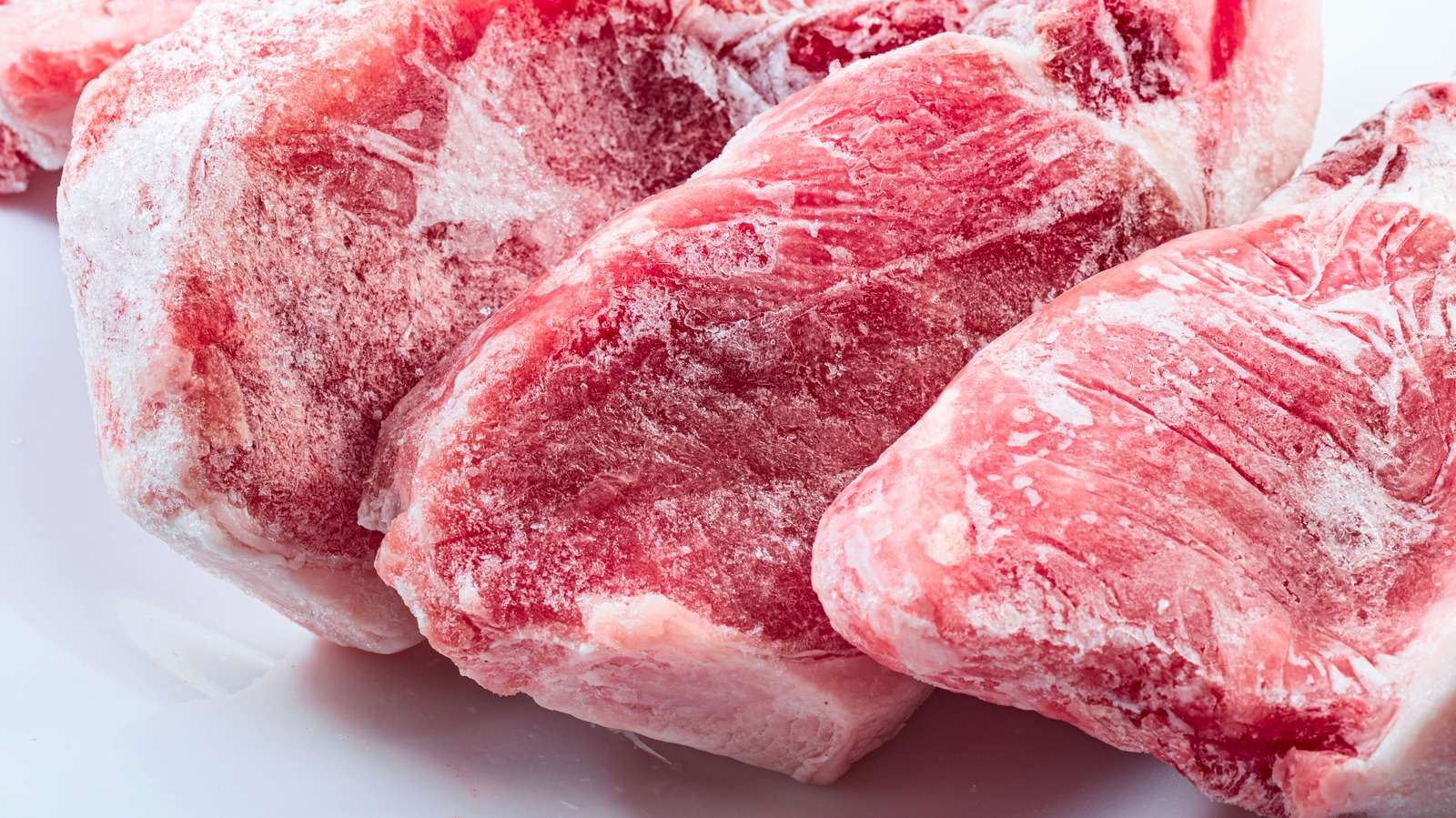27th June 2023
Eid ul Azha, also known as the Festival of Sacrifice, is a joyous occasion celebrated by Muslims worldwide. Beyond the traditional rituals of animal sacrifice and feasting, Eid ul Azha embodies a profound philosophy rooted in empathy, compassion, and the spirit of giving. Contrary to the notion that it is solely about freezing meat in freezers, this editorial aims to shed light on the true essence of Eid ul Azha, emphasizing the imperative of reaching out to those in need.
picture courtesy google

At its core, Eid ul Azha commemorates the willingness of the Prophet Ibrahim (Abraham) to sacrifice his son as an act of obedience to God. However, in a divine intervention, a ram was provided as a substitute, ultimately symbolizing the importance of sacrificing material possessions for a greater cause. The essence of this sacrifice lies not merely in the act of slaughtering animals but in the underlying message of selflessness and the willingness to give up something valuable for the well-being of others.
Eid ul Azha encourages us to empathize with those less fortunate, fostering a spirit of solidarity and compassion. Rather than focusing solely on the meat we receive from the sacrificed animal, the true essence of this festival lies in understanding the struggles of others and actively engaging in acts of kindness. It is a time to remember those who lack the basic necessities of life, including food, shelter, and clothing, and to extend a helping hand towards them.
While the distribution of meat is an integral part of Eid ul Azha, it should not overshadow the paramount objective of feeding the hungry. Instead of simply freezing excess meat in freezers, the philosophy of Eid ul Azha implores us to distribute it to the needy, allowing them to partake in the joy of the occasion. By ensuring that the less fortunate have access to nourishing meals, we fulfill the true spirit of this festival, reflecting its core values of generosity and benevolence.
The significance of Eid ul Azha extends beyond the act of sacrificing animals. It encompasses a broader call to assist those who lack not only food but also other essentials required for a dignified life. This could involve donating clothes, contributing to community projects, supporting educational initiatives, or even volunteering our time and skills to uplift marginalized communities. By broadening our acts of generosity, we can truly embody the holistic philosophy of Eid ul Azha and positively impact the lives of others.
Eid ul Azha serves as a powerful reminder to introspect our lives, assess our privileges, and acknowledge our responsibility towards those in need. It is not merely a celebration confined to rituals but a catalyst for positive change. As we revel in the festivities, let us remember that our true measure lies in our ability to alleviate the suffering of others and uplift communities as a whole. By translating the values of Eid ul Azha into tangible actions, we can create a lasting impact and build a more compassionate society.
Eid ul Azha transcends the boundaries of religious observance and encapsulates a philosophy of selflessness, empathy, and generosity. It encourages us to go beyond the ritualistic aspects and engage in meaningful acts of service to those who are less fortunate. Instead of focusing solely on freezing meat in freezers, let us embrace the true spirit of this festival by extending a helping hand to those in need, feeding the hungry, and striving to make a positive difference in the lives of others. Through our collective efforts, we can embody the essence of Eid ul Azha and foster a more compassionate and inclusive world.


